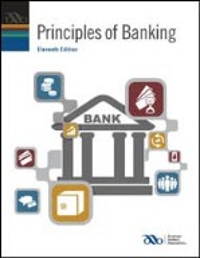

Loan-to-value ratio A. The money a potential house buyer pledges to show his or her good faith when making an offer Points or interest points Escrow account Foreclosure Amortization schedule lo B. The ratio of the maximum loan that a lender is willing to make to purchase a property divided by the cost of the property. C. Clauses, when included in a real estate sales contract, that specify the conditions that must be satisfied before the contract becomes binding, such as the seller's return of the earnest money if the buyer cannot obtain satisfactory financing within a specified period of time (for example, 30 days). D. The table that breaks down each monthly mortgage payment into its component principal and interest parts and reports the debt remaining after each payment is made throughout the life of the loan. E. A mortgage that can be effectively transferred or sold to a second, subsequent borrowing home buyer after being created by an initial borrower and buyer; the second buyer makes a down payment equal to the first buyer's (seller's) equity and then continues to make the payments for the remaining term of the original mortgage loan. F. The general name that refers to and quantifies the fees lenders charge at the time they grant a mortgage loan. G. An insurance policy that protects the mortgage lender from a default by its mortgage borrower and is typically required when the borrower uses a down payment that is less than 20% H. A ratio, which lenders use to qualify a potential mortgage borrower, that compares the applicant's gross annual income with the loan's total annual principal, interest, taxes, and insurance (PITI) costs. Assumable mortgage To Private mortgage insurance | Earnest money deposit Front-end ratio | I. The term that describes the process in which a lender sues a borrower to prove default and asks the court to order the sale of the property to pay the debt. J. A special reserve account at a financial institution in which funds-such as for home insurance and property taxes-are held until they are paid to a third party. Contingency clause








